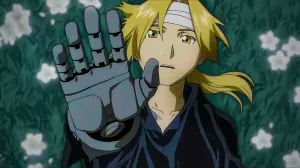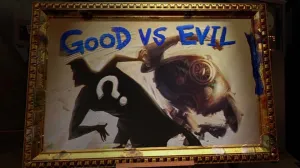Tokyo Revengers has come to an end with the newest chapter of the series hitting the pages of Kodansha’s Weekly Shonen Magazine with its final chapter, and the ending might have been torn apart by fans online but it really isn’t as bad as you might think. Ken Wakui’s blend of science fiction and high school delinquent action took off with fans quite quickly when it first debuted a few years ago, and has only gotten bigger thanks to the successful debut of the anime adaptation bringing the story to life. But it turns out that it hasn’t all been a hit with fans.
Videos by ComicBook.com
Tokyo Revengers has been receiving quite a bit of criticism from fans over the last few years especially as the manga kicked into its final few arcs, and the ending in particular has been hit with a lot of this as it rewrote time to give every character in the series the happy ending that Takemichi Hanegaki had been fighting for. But while fans had been pointing out that this deus ex machina of an ending betrays the rest of the series, it’s kind of the perfect reflection of the series’ initial concept as a whole.
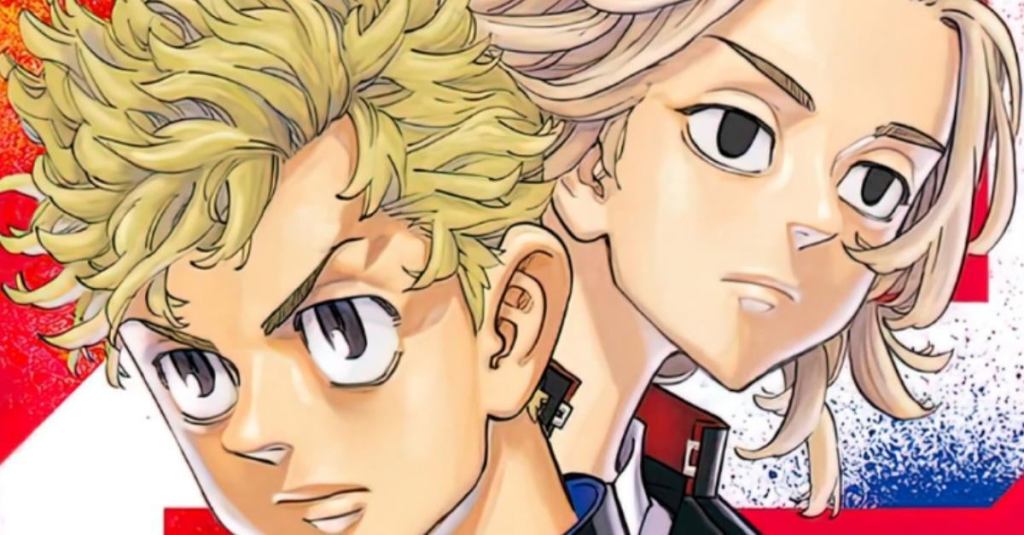
Why is Tokyo Revengers’ Ending Controversial?
Tokyo Revengers first began with Takemichi Hanegaki finds out that his middle school sweetheart, Hinata Tachibana, and her brother Naoto were killed by the deadly Tokyo Manji gang. When he’s suddenly pushed in front of a train, he goes back in time to his middle school days and realizes he can use this time travel power to change the future and save the girl he once loved from her fate. This was the central conceit of the series up until Takemichi was actually able to save Hinata from her death leading into the Tenjiku Arc.
It was at this point when Takemichi realized that all of his friends were happy, but the Tokyo Manji Gang leader Mikey had become an even deadlier criminal. And thus he then decides to go back in time again in order to save Mikey from this dark fate. It’s here where the series moves away from its central conceit and starts to lose the time travel threads that made it so compelling in the first half of the series. This is likely why fans eventually don’t like the way it all comes to an end.
READ MORE: Tokyo Revengers Ending Explained | Tokyo Revengers Creator Addresses the Manga’s Ending | Why Is Everyone So Upset Over Tokyo Revengers?
The actual ending of the series is a bit rushed in the grand scheme of things as Takemichi gets together all the former members of the Tokyo Manji Gang together (which has a different line up of allies due to the shifting time lines), and after a massive battle with three other gangs, and one final one to decide control over it all, Takemich and Mikey have one final confrontation. It’s here that Takemichi discovers that Mikey’s dark fate and more violent impulses are actually the karmic result of his older brother, Shinichiro (who died in the original timeline) using time travel powers himself.
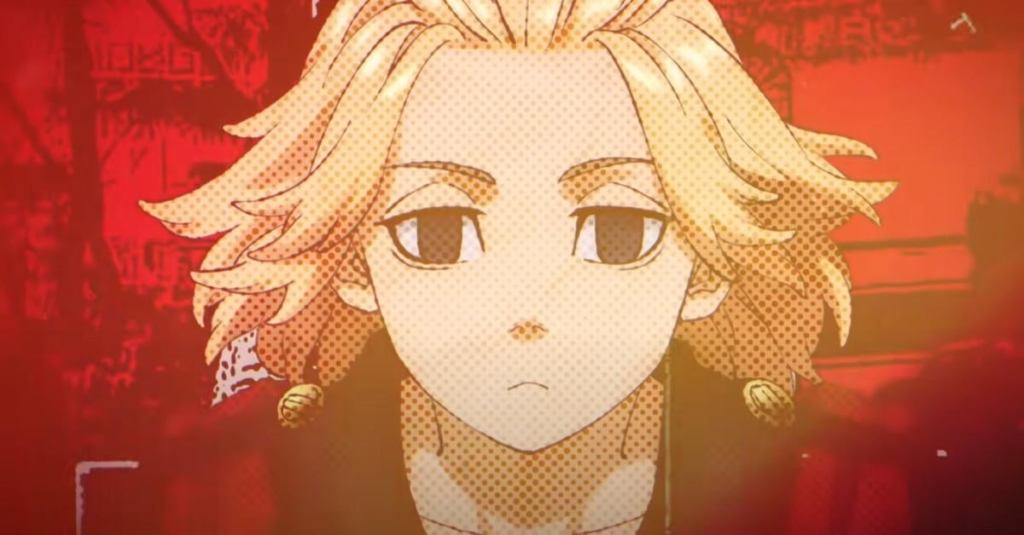
It was explained that before Takemichi got a hold of the time travel powers, Mikey’s older brother ended up living an entirely different life where Mikey was in an accident and was paralyzed as a result. Then using this power to rewrite the past, he brings it to the original timeline before Takemichi started messing with it. But it left a dark cloud hanging around Mikey that influenced his actions and made him more violent with each passing year it grew stronger.
It was this dark being that was at the center of the final conflict between Takemichi and Mikey. In the penultimate chapters leading to the manga’s ending, Takemichi and Mikey fight and Takemichi’s starts to gain the power to see enough into the future to avoid Mikey’s attacks. Eventually it gets so heated that Mikey stabs Takemichi straight through the chest. As Takemichi bleeds out, Mikey breaks out of his dark cloud and begins to cry over what he had done.
As Takemichi dies, Mikey grabs his hand and the both of them travel back to their childhoods and realize they have gone much further than Takemichi ever did on his own. This is where it started to lose fans. The key thing to note for the finale as the final arcs of the series set up that Takemichi went into the past when he grabbed Mikey’s hand, and as established before, it simply happened again when they touched hands on Takemichi’s dying breaths.
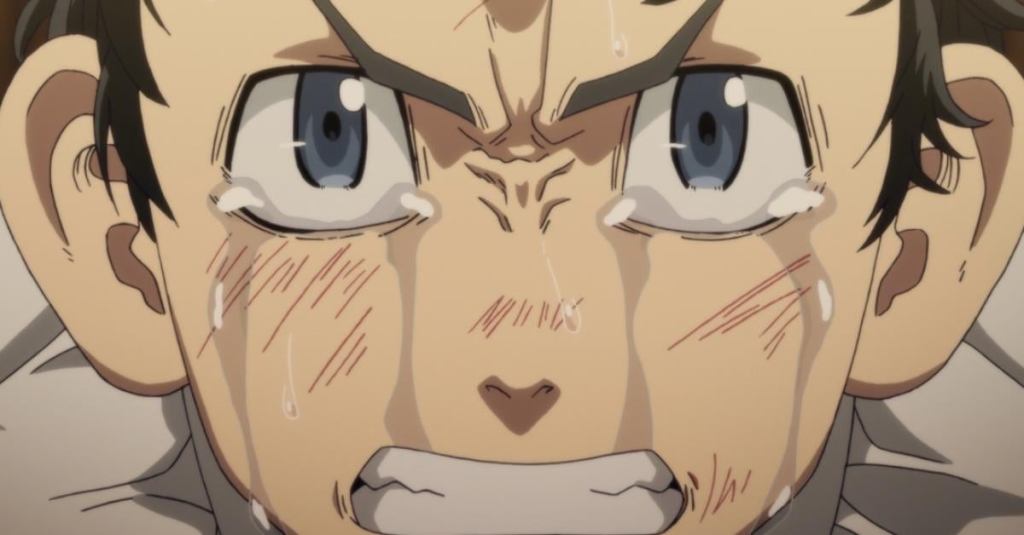
Since they were already in the past, they just went back further instead of going back to the future. Usin g this opportunity, the two of them decide to rework everything to make sure that no one dies, no one struggles, and they build Tokyo Manji to such a height that when it dissolves, everyone involved in it goes on to lead their best lives. It’s a completely happy ending where Takemichi and Hinata are married, and everyone ever involved in the series is there to attend.
It’s the kind of happy ending that the series has been shooting for since the very beginning. Fans have seen how the time travel elements have been fuzzy from the very beginning, and the Deus Ex Machia ending is ultimately the point. It’s the kind of impossibly happy future that only time travel could manage. It’s a fantasy built on the kind of idealism that the delinquent striving era is a reflection of. Tokyo Revengers is all about getting “revenge” on fate itself, so rewriting time to make it happen is the point.
It might seem hollow, but that’s Tokyo Revengers. Takemichi’s ideal world is one that he fought for through multiple timelines, and as a result we have seen him go through many bad endings, violent deaths, and more as he tried to make everyone’s futures bright. Anything other than a wildly happy ending that seemed to come out of nowhere would actually be hollow. He simply couldn’t fail after all of this. Sure the series might have been better off ending after Hinata was saved, but that’s the way it is.
How do you feel about the way Tokyo Revengers ended? Let us know all of your thoughts about it in the comments! You can even reach out to me directly about all things animated and other cool stuff @Valdezology on Twitter!







